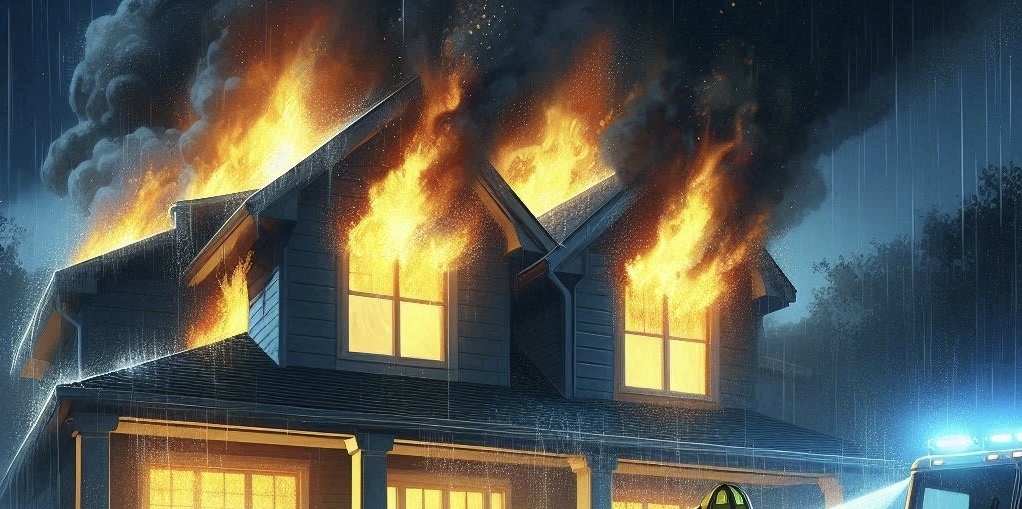
Oh, that’s interesting. Lucky you, I guess. The algorithms have been tuned to be as engaging as possible, and that seems to be working for most people. Obviously, it’s impossible to make it work for literally everyone, and you seem to be one of the few who can escape the algorithm.



If you merely abandon your account, the change can be seen in the MAU statistics. If you delete it instead, you’ll make sure you won’t slip in the future. Either way, investors care about the active users, because the total number of accounts isn’t a very useful number to them.